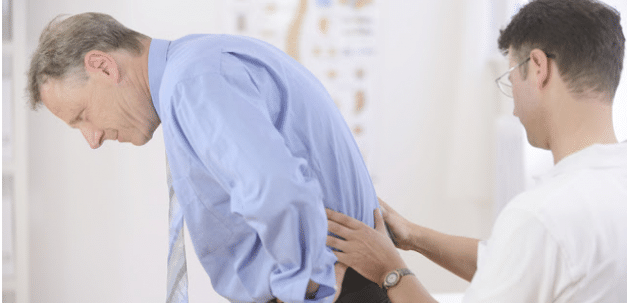Osteoporosis comes without warning and affects millions of women each year.
According to the U.S. National Library of Medicine, ”about half of all women over the age of 50 will have a fracture of the hip, wrist or vertebra (bone of the spine) during their lifetime” as a result of it.
Dr. Yun Ling, Internal Medicine Physician for Central Utah Clinic, explains that osteoporosis “is related to the sharp hormone level drop in estrogen and progesterone. These two hormones stimulate bone density. Once they decrease, your bones start to thin.”
Because osteoporosis has no symptoms, Dr. Ling recommends five strategies to help prevent this debilitating condition.
- Exercise
Dr. Ling suggests a combination of weight-bearing exercises accompanied by cardiovascular activities such as running or jogging.
- Keep the calcium coming
Dr. Ling recommends a diet rich in dairy, green leafy vegetables and beans. Calcium supplements don’t work as well as natural calcium found in food, so get as much calcium from your meals as possible.
And stay away from the soda! Dr. Ling warns against too much caffeine, as it can deplete the bone of calcium.
- Pay attention to Vitamin D
Because of the real concern about skin cancer, people are lathering up with sun block, which prevents the body from absorbing much-needed Vitamin D. About 75 percent of the American population is deficient in Vitamin D. The good news is that supplements are a safe and effective alternative to sunlight. Start checking your Vitamin D levels around the age of 30.
- Screen early
One of the most common risk factors for osteoporosis is genetics. If you have a history of osteoporosis in your family, go see a doctor for a screening right away. This can help guard against any further calcium depletion.
- Take your meds
In moderate to severe cases of osteoporosis, many patients have found success with some types of medications, such as Fosamax, Reclast and Prolia. However Dr. Ying is aware that some patients experience side effects.
“Not everyone can take prescription medications. Some experience irritation of the esophagus,” said Dr. Ling. “In that case, many switch to injections. For people with gastrointestinal problems, injections offer an effective option.”
By keeping an active lifestyle, incorporating healthy foods into your diet, getting lots of Vitamin D, screening early for osteoporosis, and receiving proper treatment through medication, you can arm yourself with the strongest tools to build strong bones.
To find out more about how to treat osteoporosis, or to schedule an appointment with Dr. Ling, connect with Central Utah Clinic for information on services, locations, events and more. www.centralutahclinic.com
